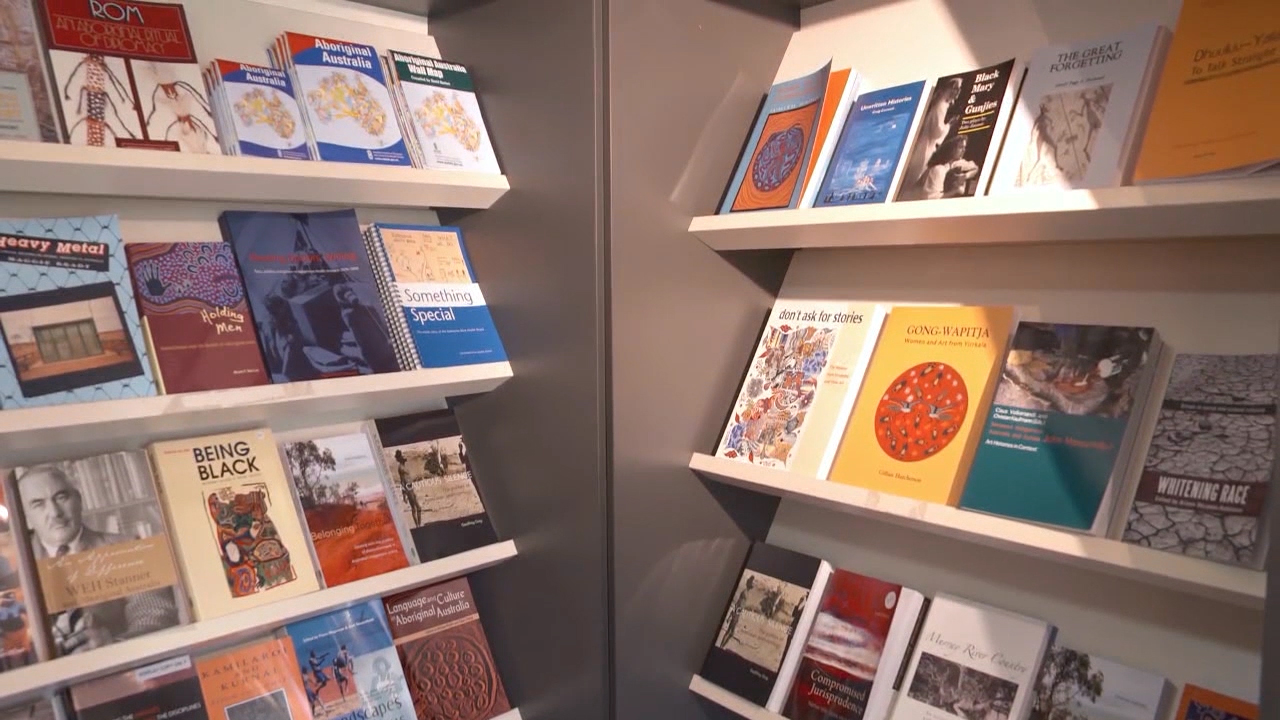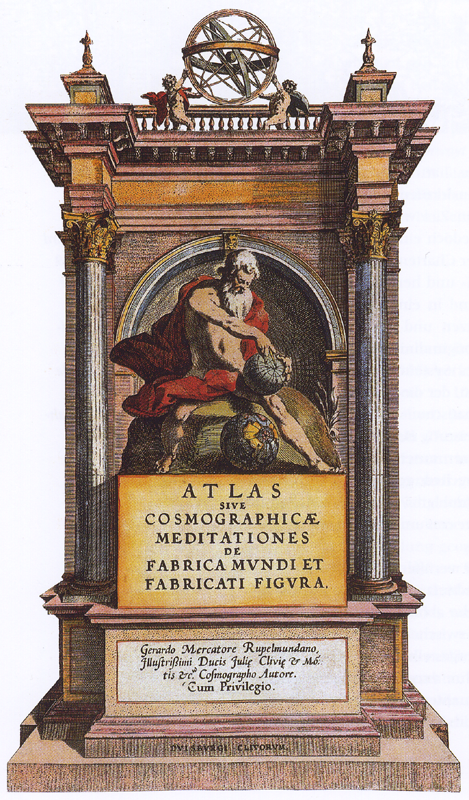|
Eesti Entsüklopeediakirjastuse AS
Estonian Encyclopaedia Publishers () was an Estonian publisher which published reference literature (like encyclopedias, atlases) and popular science literature. As of 2009, publisher's main shareholders were Hardo Aasmäe (owned 25.6%), Jüri Ott (owned 20.4%), and Ülo Kaevats (owned 12.0%). In 2011, the publisher went bankrupt. However, the bankruptcy proceedings got stuck because the owner of the publishing house's last office, Ülemiste City, confiscated the property in the company's office and sold it to cover the 9,000-euro rent debt. Bankruptcy administrator Tiina Mitt estimated its value at over 4.3 million euros. The location of sold documents, author contracts and books under editing is unknown. A part of the EE archive was also lost, a criminal investigation was initiated. Notable publications *1999 "100 great Estonians of the 20th century" *2004 "A ja O" References Book publishing companies of Estonia {{Estonia-company-stub ... [...More Info...] [...Related Items...] OR: [Wikipedia] [Google] [Baidu] |
Estonia
Estonia, officially the Republic of Estonia, is a country in Northern Europe. It is bordered to the north by the Gulf of Finland across from Finland, to the west by the Baltic Sea across from Sweden, to the south by Latvia, and to the east by Russia. The territory of Estonia consists of the mainland, the larger islands of Saaremaa and Hiiumaa, and over 2,300 other islands and islets on the east coast of the Baltic Sea. Its capital Tallinn and Tartu are the two largest List of cities and towns in Estonia, urban areas. The Estonian language is the official language and the first language of the Estonians, majority of its population of nearly 1.4 million. Estonia is one of the least populous members of the European Union and NATO. Present-day Estonia has been inhabited since at least 9,000 BC. The Ancient Estonia#Early Middle Ages, medieval indigenous population of Estonia was one of the last pagan civilisations in Europe to adopt Christianity following the Northern Crusades in the ... [...More Info...] [...Related Items...] OR: [Wikipedia] [Google] [Baidu] |
Publisher
Publishing is the activities of making information, literature, music, software, and other content, physical or digital, available to the public for sale or free of charge. Traditionally, the term publishing refers to the creation and distribution of Printing, printed works, such as books, comic books, newspapers, and magazine, magazines to the public. With the advent of digital information systems, the scope has expanded to include electronic publishing, digital publishing such as E-book, e-books, Magazines, digital magazines, Electronic publishing, websites, social media, music, and video game publisher, video game publishing. The commercial publishing industry ranges from large multinational conglomerates such as News Corp, Pearson PLC, Pearson, Penguin Random House, and Thomson Reuters to major retail brands and thousands of small independent publishers. It has various divisions such as trade/retail publishing of fiction and non-fiction, educational publishing, and Academi ... [...More Info...] [...Related Items...] OR: [Wikipedia] [Google] [Baidu] |
Encyclopedia
An encyclopedia is a reference work or compendium providing summaries of knowledge, either general or special, in a particular field or discipline. Encyclopedias are divided into article (publishing), articles or entries that are arranged Alphabetical order, alphabetically by article name or by thematic categories, or else are hyperlinked and searchable. Encyclopedia entries are longer and more detailed than those in most dictionary, dictionaries. Generally speaking, encyclopedia articles focus on ''factual information'' concerning the subject named in the article's title; this is unlike dictionary entries, which focus on Linguistics, linguistic information about words, such as their etymology, meaning, pronunciation, use, and grammar, grammatical forms.Béjoint, Henri (2000)''Modern Lexicography'', pp. 30–31. Oxford University Press. Encyclopedias have existed for around 2,000 years and have evolved considerably during that time as regards language (written in a major inte ... [...More Info...] [...Related Items...] OR: [Wikipedia] [Google] [Baidu] |
Atlas
An atlas is a collection of maps; it is typically a bundle of world map, maps of Earth or of a continent or region of Earth. Advances in astronomy have also resulted in atlases of the celestial sphere or of other planets. Atlases have traditionally been bound into book form, but today, many atlases are in multimedia formats. In addition to presenting geography, geographical features and border, political boundaries, many atlases often feature geopolitical, social, religious, and economic statistics. They also have information about the map and places in it. Etymology The use of the word "atlas" in a geographical context dates from 1595 when the German-Flemish geographer Gerardus Mercator published ("Atlas or cosmographical meditations upon the creation of the universe and the universe as created"). This title provides Mercator's definition of the word as a description of the creation and form of the whole universe, not simply as a collection of maps. The volume that was publis ... [...More Info...] [...Related Items...] OR: [Wikipedia] [Google] [Baidu] |
Popular Science
Popular science (also called pop-science or popsci) is an interpretation of science intended for a general audience. While science journalism focuses on recent scientific developments, popular science is more broad ranging. It may be written by professional science journalists or by scientists themselves. It is presented in many forms, including books, film and television documentaries, magazine articles, and web pages. History Before the modern specialization and professionalization of science, there was often little distinction between "science" and "popular science", and works intended to share scientific knowledge with a general reader existed as far back as Greek and Roman antiquity. Without these popular works, much of the scientific knowledge of the era might have been lost. For example, none of the original works of the Greek astronomer Eudoxus (4th century BC) have survived, but his contributions were largely preserved due to the didactic poem '' Phenomena'' writte ... [...More Info...] [...Related Items...] OR: [Wikipedia] [Google] [Baidu] |
Hardo Aasmäe
Hardo Aasmäe (11 February 1951 – 29 December 2014) was an Estonian geographer, entrepreneur and politician. He was active in the Estonian People's Front, and he was the first post-Soviet Union, Soviet mayor of Tallinn, from 1990 to 1992. For many years, Aasmäe was the editor-in-chief of ''Estonian Encyclopedia''. Aasmäe produced many radio shows and was a member of ''Tarkade klubi'', an Estonian question-and-answer radio programme, for many years. He was a member of the Estonian section of the Club of Rome. Death On 29 December 2014, Aasmäe died following an accidental fall down a staircase from the third floor of his office at the Estonian Encyclopedia publishing house in Tallinn. Awards *Order of the National Coat of Arms, 3rd Class of the Order of the National Coat of Arms (received 23 February 2006) References 1951 births 2014 deaths People from Lääne-Nigula Parish Estonian geographers Mayors of Tallinn University of Tartu alumni Recipients of the O ... [...More Info...] [...Related Items...] OR: [Wikipedia] [Google] [Baidu] |
Ülo Kaevats
Ülo Kaevats (29 September 1947 – 30 January 2015) was an Estonian statesman, academic and philosopher. In 1972, he graduated from the Faculty of Physics and Chemistry of the University of Tartu with a qualification from a physicist and a research philosopher. Kaevats obtained a PhD from Vilnius State University in Lithuania. He served for many years (1989–1992, 1995–2000) as editor-in-chief of the Estonian Encyclopaedia, the main national work of reference; earlier, he worked as a research fellow at the Estonian and the USSR Academies of Sciences, mostly in the history of science field. Until 2011, when he became emeritus, he was professor and chair of philosophy at Tallinn University of Technology. As a scholar, Kaevats specialized in the philosophy of science and the philosophy of technology The philosophy of technology is a sub-field of philosophy that studies the nature of technology and its social effects. Philosophical discussion of questions relating to technol ... [...More Info...] [...Related Items...] OR: [Wikipedia] [Google] [Baidu] |
100 Great Estonians Of The 20th Century
100 great Estonians of the 20th century is a list of notable Estonians compiled in 1999 by Eesti Entsüklopeediakirjastus, ''Eesti Päevaleht'', National Library of Estonia, Radio Kuku, and TV3. The list includes 20 scientists, 20 social figures, 15 writers, 13 in theater, film and journalism, 12 musicians, 10 artists, and 10 sportsmen. The best known scientist of the century was semiotician Juri Lotman, politician was Lennart Meri, musician Gustav Ernesaks, and sportsman was chess grandmaster Paul Keres. elfi, November 30, 1999. Accessed 2015-02-06. 2015-03-25. 100 great Estonians of the 20th century in alphabetical order: * |




